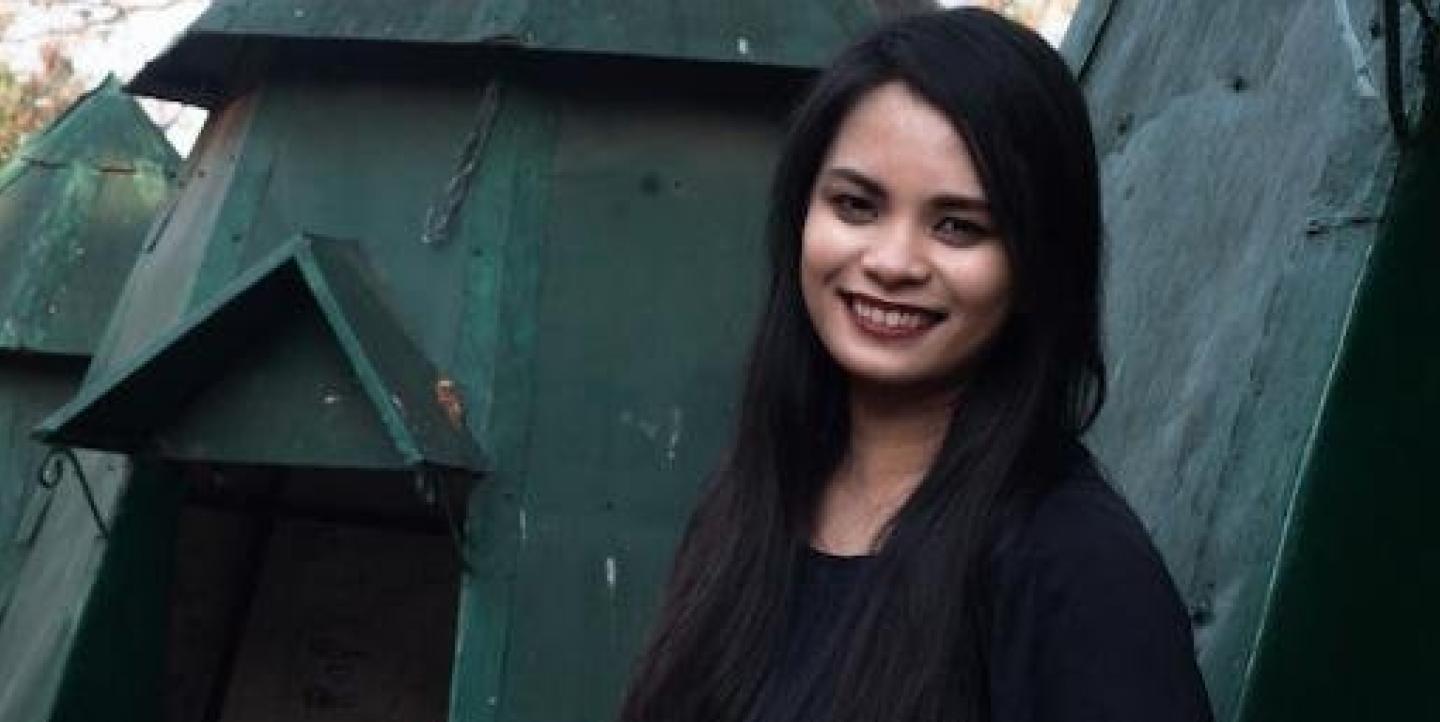Anna Valmero knew she wanted to be a journalist from a young age after seeing fictional reporters on the big screen and in comic books.
“Both [Superman and Spiderman] work for the news daily, and are always in the middle of the action on the ground,” she said.
Now a freelance journalist based in Manila, Philippines, Valmero covers city innovations, science and development, climate change and other topics for publications like Citiscope/Citylab of The Atlantic, SciDev.net and Climate Wire. She also works as a project coordinator at Orange Magazine of the European Youth Press, which stemmed from covering the Deutsche Welle Global Media Forum for the magazine in 2014 — an opportunity she found on IJNet.
Valmero has just finished a Thomson Reuters Foundation climate change fellowship, a trip to cover the COP21 climate talks in Paris and a first runner-up win at the 2015 We Journalism Awards. The Thomson Reuters fellowship, which she also discovered on IJNet’s opportunities section, brought Valmero to the Chinese University of Hong Kong for a weeklong climate reporting training ahead of December’s COP21 talks.
IJNet spoke with Valmero about her whirlwind last few years and what comes next:
IJNet: How did you develop a passion for covering the environment and science? What are some unique parts of covering this beat?
Valmero: Dabbling in science journalism, climate change reporting and now writing about city innovations, I must say that the unique challenge for journalists in this age is how to continue to learn something new—from new tools, storytelling skills or just a new topic.
Usually, we think of climate change when extreme, catastrophic events happen, such as the case of Typhoon Haiyan that devastated the Philippines in 2013. But there are also slow-onset events, such as droughts and dry spells, which have multiple impacts on society.
Providing this connection of how man and the environment are linked is a core science concept, and journalism provides a good tool to tell stories of what is currently going on and how to find solutions based on what people are doing on the ground.
What was it like to cover COP21? How do you think the media should cover the climate agreement moving forward?
Covering COP21 was a milestone in my career as a young journalist. It was a key summit that will hopefully define how our future leaders will shape the global sustainable development agenda.
Apart from covering the cornerstone deal and meetings, the more colorful part of the event for me was going to rallies mounted by people’s organizations, students and volunteers. The message is clear: climate change is an issue that everybody cares about, and more people are pitching in to show that grassroots action is equally as powerful as the agreement itself. Sustained coverage of the climate narrative is key.
World leave it in the ground for a 1.5 deg C warming limit. Photos from Paris march, Sat 12 Dec 2015 #COP21 pic.twitter.com/mLgNj2gneB
— Anna Valmero (@AnnaValmero) December 13, 2015
What was the most challenging story or project you've worked on so far? How did you work to overcome those challenges?
Each story is different, but being out in the field is definitely more challenging than attending the usual events. Covering [Typhoon] Haiyan with a U.S. TV crew and for Climate Wire was an opportunity that doesn’t happen often. Working in a Spartan environment while making sure that survivors’ stories were depicted fairly was a unique challenge. Then there was also the question of how to carefully handle interviews, knowing that survivors are reeling from the tragedy and many are suffering post-traumatic stress disorder.
Often, when you cover an event, you had the typical office amenities and an editor’s guidance. Shuttling between the different provinces affected by Haiyan to produce coverage for two months made it challenging. What has worked for me so far is to be prepared when you get out in the field and to listen well from the advice of editors and to what local guides and your interviewees are telling you.
What would you say the No. 1 thing you've learned in your career has been?
[One thing I’ve learned] is to not be shy about asking questions, even to your heroes. I was starstruck to meet Vint Cerf, one of the fathers of the Internet, at a conference a couple years ago. I was even unsure if I could have an interview with him, but I approached him and he gladly made time to chat. One of the things he mentioned was to never stop learning and to tell new stories that can inspire others. And to not be afraid to talk to older people, because they love learning from the questions of the young, too.
Main image courtesy of Anna Valmero.

